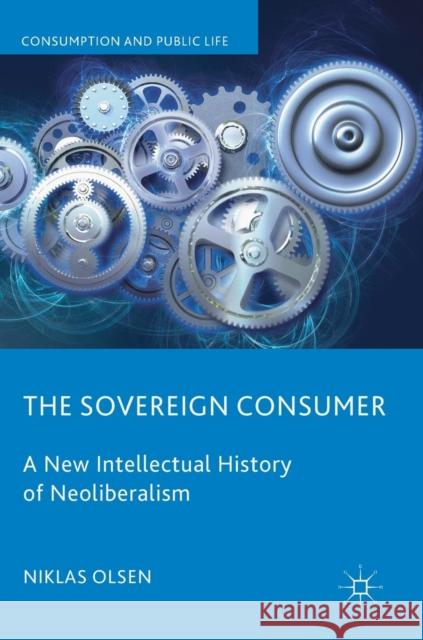The Sovereign Consumer: A New Intellectual History of Neoliberalism » książka
topmenu
The Sovereign Consumer: A New Intellectual History of Neoliberalism
ISBN-13: 9783319895833 / Angielski / Twarda / 2018 / 308 str.
Kategorie BISAC:
Wydawca:
Palgrave MacMillan
Seria wydawnicza:
Język:
Angielski
ISBN-13:
9783319895833
Rok wydania:
2018
Wydanie:
2019
Ilość stron:
308
Waga:
0.53 kg
Wymiary:
21.01 x 14.81 x 1.91
Oprawa:
Twarda
Wolumenów:
01
Dodatkowe informacje:
Wydanie ilustrowane











